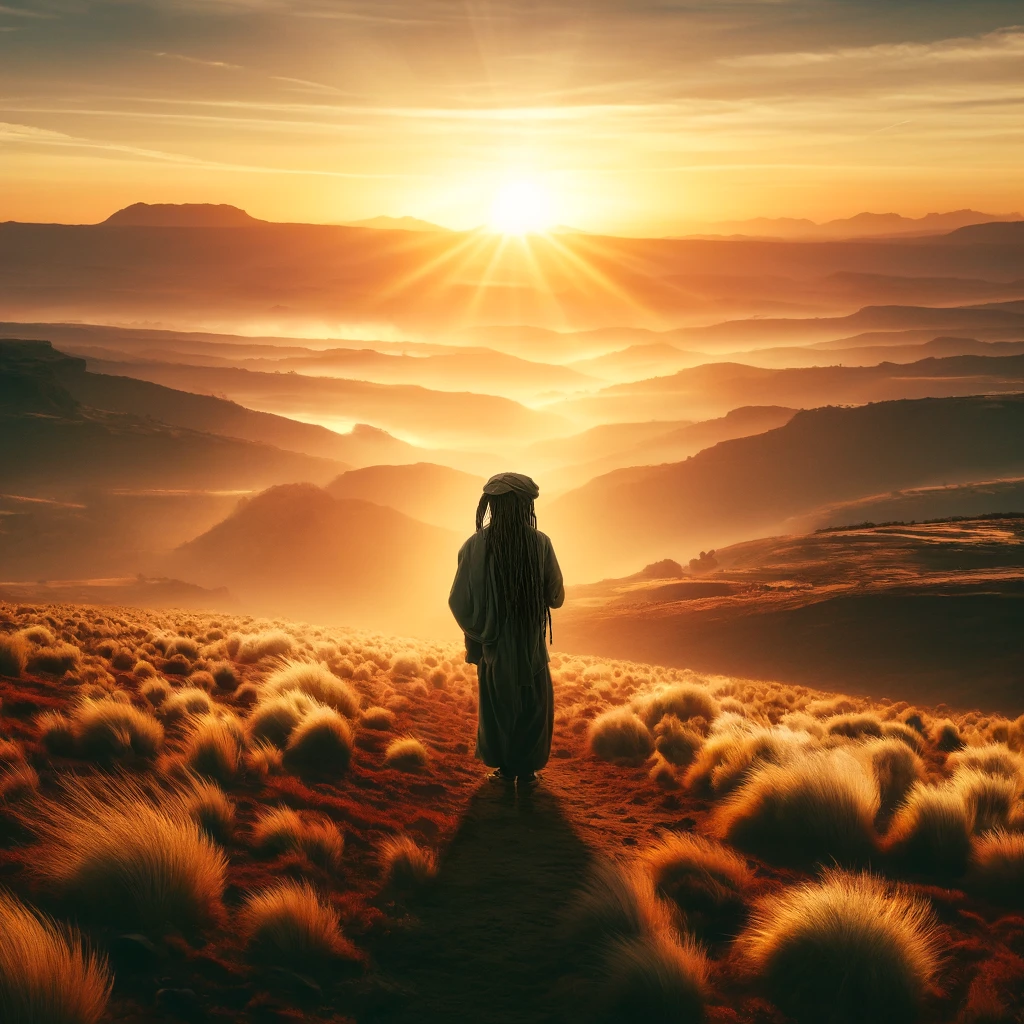Zion holds a central place in Rastafari culture, symbolizing a spiritual homeland and a place of freedom and peace. It is often associated with Ethiopia and represents the ultimate destination for Rastafarians.
1. Biblical and Spiritual Meaning
The concept of Zion originates from the Bible, where it is often referred to as a place of divine dwelling and eternal peace. For Rastafarians, Zion is both a physical and spiritual place. It represents a return to Africa, particularly Ethiopia, which is seen as the Promised Land and the heart of Rastafari spirituality.
2. Connection to Ethiopia and Haile Selassie I
Ethiopia holds a special place in Rastafari belief because of its historical and biblical significance. Rastafarians revere Emperor Haile Selassie I as a divine figure, believing he fulfills the prophecy of the return of the Messiah. Ethiopia is seen as Zion, the land where Rastafarians believe they will find true freedom and spiritual fulfillment.
3. Symbol of Liberation and Resistance
Zion is also a symbol of liberation and resistance against oppression. It represents the hope for a better future free from the injustices and exploitation faced by the African diaspora. The journey to Zion is both a physical return to Africa and a spiritual journey towards self-realization and emancipation.
4. Cultural Expressions of Zion
The concept of Zion is deeply embedded in Rastafari culture and is frequently expressed in reggae music, literature, and art. Songs by artists like Bob Marley often mention Zion, reflecting the longing for a return to the homeland and the desire for peace and justice.
Closing Thoughts
Zion in Rastafari belief is a powerful symbol of hope, freedom, and spiritual fulfillment. It embodies the deep connection to Africa and the enduring quest for liberation and peace.

